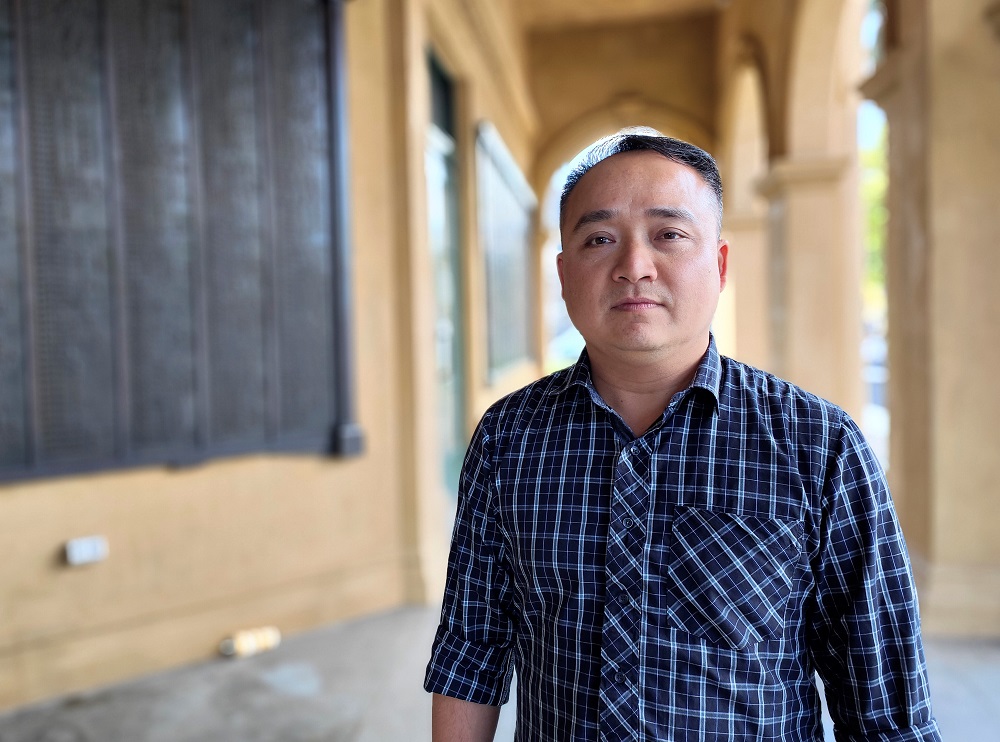Nido says the Karen were essential to the British. They knew Burma’s languages and terrain, and many, such as Chit Khin, spoke English.
The British had promised the Karen that once the war was over, they would hand back a parcel of their homeland to occupy freely and independently. That never happened, Burma became independent in 1948, and the Karen have suffered continuous persecution ever since, exacerbated by their WWII service.
It is estimated 5000 Karen people have been killed in the ongoing conflict and 200,000 displaced. Approximately 3500 now call Bendigo home.
When Nido walked out of his rural village seeking urgent refuge in Thailand with his mother and four siblings in 1997, he carried a backpack with two changes of clothes, and a small plastic bag containing his grandfather’s medals.
After the three-hour walk to board a truck, then cross the border, the then-13-year-old was told to bury the medals in Thai soil.
“Anything that had belonged to Karen soldiers was confiscated, and if found with anything, you could be arrested,” he says.
Nido remembers using a stick to dig a hole in the soft earth to safekeep the family treasures.
“I really hope they are still there,” he says. “I would love to go back with a metal detector one day. I believe I would be able to find them.”
Nido and his family reached a refugee camp, where he lived for the next 15 years, before coming to Australia, solo, at the age of 28. He first settled on the Sunshine Coast, where he knew enough English to study a bachelor’s degree in social science.
He later moved to Melbourne, met his wife, then followed the extended family to Bendigo where many, including Nido, gained employment at poultry producer Hazeldenes.
In Bendigo, Nido was connected with BCHS’ refugee programs, and through his degree, began working on an innovative road safety program for newly-arrived Karen people.
He would work from 2am to 1pm at Hazeldenes, then 2pm to 5pm at BCHS. Today, he is a full-time permanent member of the settlement and cultural diversity teams, and a father of two young Australian-Karen children – a daughter and son.
This ANZAC Day, Nido will join BCHS Senior Leader Refugee and Cultural Diversity Kaye Graves to lay a wreath at the Bendigo Soldiers Memorial Institute. Nido will represent BCHS and other Karen people, and especially his grandfather.
“I want Australians to recognise people like my grandfather,” he says. “I want them to know they fought alongside the British as enemies of the Burmese dictatorship.
“It means a lot to me to lay a wreath. ANZAC Day commemorates veterans and lost soldiers. We are very proud that we are part of this history.
“For the community to recognise the Karen as allies is very important to us. It’s why we came to be here. We are here because we are hated by the Burmese dictatorship because one time, a long time ago, our grandfathers and great grandfathers fought in the war with the British.
“Bendigo is a home to us. The Bendigo community is very welcoming, and we love living here in this free and progressive community.”







